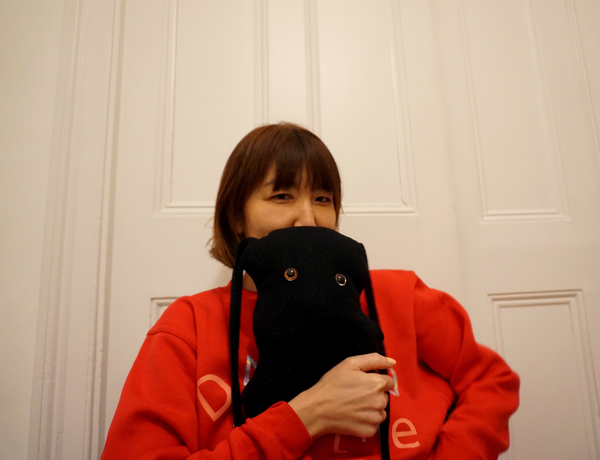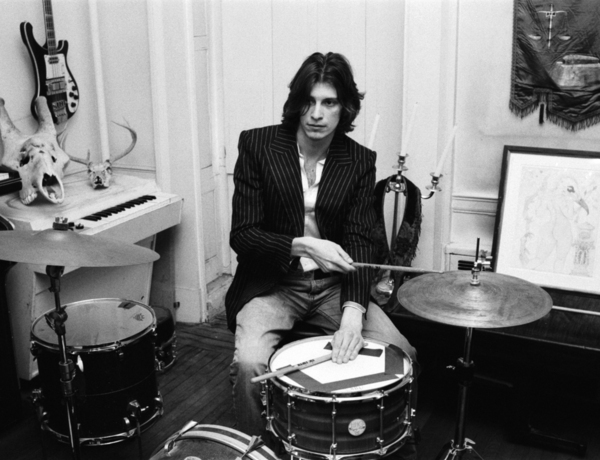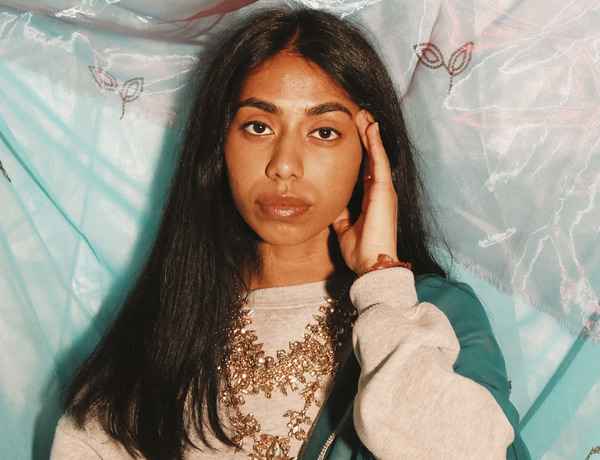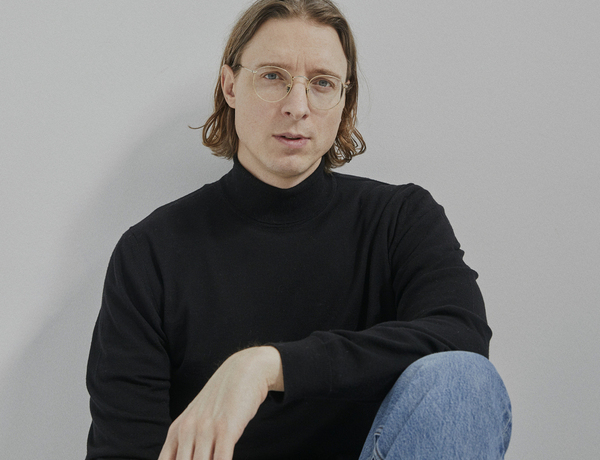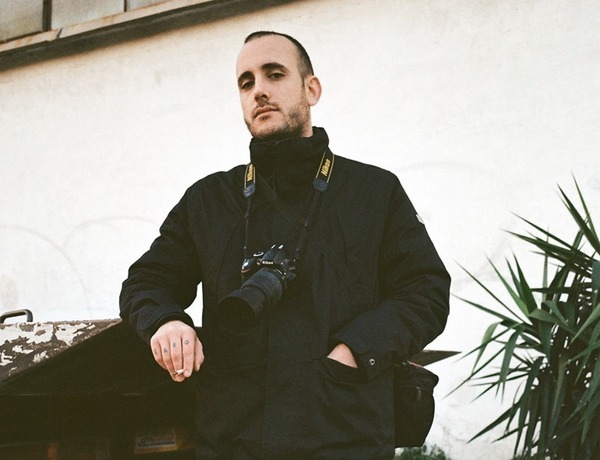Interview with Julien Chang
Could you tell us a bit about yourself?
Yes, and thank you so much for inviting me. I am a 23-year-old multi-instrumentalist, songwriter, and producer (in short, something like a music craftsperson) from Baltimore city, born and raised. The son of sculpture artist parents, brother to a choreographer sister and a musician brother. Spent some time in New Jersey for school, got really into comparative literature, now back home in Baltimore rebuilding old connective tissue: sights, sounds, faces.
What initially inspired you to pursue a career in music?
There was never a moment of explicit decision for a career. I have always made music in some way or another. So I would have to say that what inspired me is the music itself, and I give myself to music precisely because it inspires me. It gives me life.
How would you describe your music style?
My music style is based on the agglomeration of the musical impulses I received most often during my formative years. I was classically trained. My mom got the reluctant toddler version of myself to study piano at the Peabody Preparatory. Later I went to high school at Baltimore School for the Arts, where I continued the classical training, but by now my main instrument was trombone (this is how I developed a bass-oriented-ear). There I became deeply interested in music production (particularly hip-hop music production), and later started getting active in the local Baltimore jazz world. But I started wanting to write my own music at around 16, when I discovered psychedelic rock. So these are the foundational pillars of my most deep-rooted musical instincts: classical music, hip-hop, jazz, and psychedelic rock.
What is your creative process?
It starts with a little riff, or some minor idea. This can come to me anywhere. It is never some internal feeling that needs to come out of me. Rather, it is usually an impression made on me by something encountered out in the world. Once I have this little idea, I go into my studio, a 10' x 10' room in the basement of my parents' home. The walls are lined with different instruments that I have collected over the years. One by one, I record layers of instruments on top of each other, creating unexpected harmonies and textures. The most exciting moments of discovery come usually as a result of some accident or misunderstanding, so I try to leave room for that as I'm recording. I think Walter Benjamin said something along the lines of "detour as method"--a good rule for following creative impulses.
How much does your city and surroundings affect your creative output?
The surroundings are so much a part of the music. The fact that music (or sound at all) cannot exist in a vacuum is like an inadvertent parable we've inherited from physics. I can't help but think of the implications of this. The construction of a city, or a material environment, has everything to do with the inner-lives of individuals, in ways that we are not even privy to. This can be for good or for bad. Think about "hostile architecture": the elitist, violent, and often unnoticed design practices of, for example, putting "arm rests" on public benches so that homeless people can't sleep there. Or imagine certain alleyways or street corners that are intentionally designed to have wind-tunnels that make it uncomfortable to stand there for very long. On the other hand, one can imagine alternative design practices that are not so hostile towards vulnerable groups of people--design practices that foster possibilities for public art, experimentation, and general assembly of large groups of people for things like protests, demonstrations, or farmers markets. Places like these are where my best creative thinking happens. Baltimore has a long way to go when it comes to this, but here and there, one can find pockets of un-surveilled creative activity.
What do you struggle with the most in terms of working and living in a city like Baltimore?
The main thing I struggle with in Baltimore is the feeling that I know it too well already. This is, of course, a total fiction that I make up for myself when I don't feel the spontaneous energy to discover new things. For one of the smaller cities, Baltimore has a lot going on, and constantly. So the real task for a creative person in Baltimore, or any city in which they've lived long enough, is looking for ways to disorient oneself, because it takes a little bit of disorientation to become perceptive to things you've never noticed before.
The responsibility of the council in every city is to provide a solid foundation of art and cultural facilities, is that evident in Baltimore?
I would say somewhat, but not nearly enough. As far as institutional art goes, Baltimore seems to be in fairly good shape: places like Peabody Conservatory, the BSO, the Walters Art Museum, the BMA, and the Hippodrome are for the most part well-supported. On the other hand, it seems like a lot of the non-institutional artistic activity happening in Baltimore is largely self-motivated and self-funded by the artists, and often in the face of institutional and financial restrictions. A lot of the time, this means the neglect of art forms like rap, street art, and punk music. This problem is not unique to Baltimore, but I do think that Baltimore may be in a unique position to solve it.
Do you think it is also the responsibility of the artist/creative to improve the quality of people's lives in their city?
Yes, but my highest hope for art is that it fulfills a subversive role in society. In other words, artists should improve the quality of peoples' lives by disrupting and transforming the way people usually see things, or by interrupting the otherwise constant routine of labor-consumption-sleep and it's ruling class counterpart of exploitation and accumulation, not by trying to make that routine "better." Art must be an intervention into the routines of everyday life, not a compliment to them.
Can you tell us about any current or future projects that you are particularly excited about?
I have a new album coming out in a month. It represents the culmination of my time as a student. It was recorded over a period of two wildly transformative years, and at times you can feel the eccentric energy of change as the track-list goes from song to song in non-chronological order. It's called "THE SALE" and I hope that you like it.
If you could add or change something about Baltimore, what would that be?
Maybe the accent... I like to think that I somehow avoided developing a Baltimore accent myself, but occasionally when I'm in New York, it really shows. A few of my friends in Princeton have even told me I have a "southern accent." Listen to words like "no" ("nehw") or "water" ("whuter").
What do you do to switch off?
Does this mean to "wind down"? I've never heard this expression, "switch off." It's interesting to me that both "switch off" and "wind down" refer to explicitly mechanical operations, like flicking off the light switch or rotating the dial on the analog timer back to zero. If colloquial language reveals anything (which it most certainly does), one thing may be that we have come to implicitly regard ourselves as living-machines. In any case, I don't have much of a routine before bed. In fact, I usually become quite "wound up" at night time, and end up reading frenetically to the point of exhaustion.
If you could choose any artist/creative to collaborate with, who would that be and why?
I have recently been loving the music of Cate le Bon. Outside of music, I have been very compelled by the work of Miya Turnbull. She is a visual artist who makes "self portrait masks"--that is, she makes these masks that look exactly like her own face, and then wears them, concealing the "original" with a near identical copy. Her work seems to effect a reversal of conventional wisdom: in our everyday life, it is not simply that we "assume a character" (the classic critique of inauthenticity); rather her work shows that a character "assumes" us (or con-sumes us) taking our own natural face as its artificial visage.
What does home mean to You?
Home means contradiction I think. The ancient origins of the word "Paradise" refer to a walled enclosure or garden. If "home" is the familiarity of life within the walls, it is also the wall itself: the fact of secrecy and confinement. It is obviously rather complicated. Home is a feeling of intimate familiarity which is inseparable from a simultaneous feeling of not-knowing. It is a mysterious union of comfort and anxiety.
Describe the perfect day for you in Baltimore.
Wake. Back to sleep for bit longer. Up. Shower, dress. Lunch. To the library, the central branch of the Enoch Pratt on Cathedral street. Walk. Dinner at home, with guests. To Keystone Korner or An die Musik for a show. Late night: work on music until the small hours.
Julien Chang - mixtape
With every listen, each one of these pieces/songs reminds me what music is capable of. I feel like I come out of this music. It is an eclectic mix, with very little formal cohesion. But one thing is certain, that each of these ten somehow works at uncovering a secret. It is revealed in the music only momentarily, and it might be caught or missed, but it is a kind of revelation that goes beyond "communication"--it has nothing to do with communication. The music does not "say" anything; it cuts through "saying." It is right there. It is an irruption into a time and place. Always inspiring, always engendering an irreducible feeling of life.
Sometimes people relate a specific smell to the city they live in or the place they grew up, does Baltimore evoke a personal smell to you?
Yes, but only in the summer. Baltimore gets hot in the summer, you'll smell it then.
If you weren’t living in Baltimore and could choose any city to live in where would that be, and why?
New York is the obvious answer, but let me think a little harder. Maybe Asheville. I have family in that area, and Appalachia is a special place. Or maybe Berlin. For some reason I ended up graduating college with a degree in German literature, so that gives me an advantage.
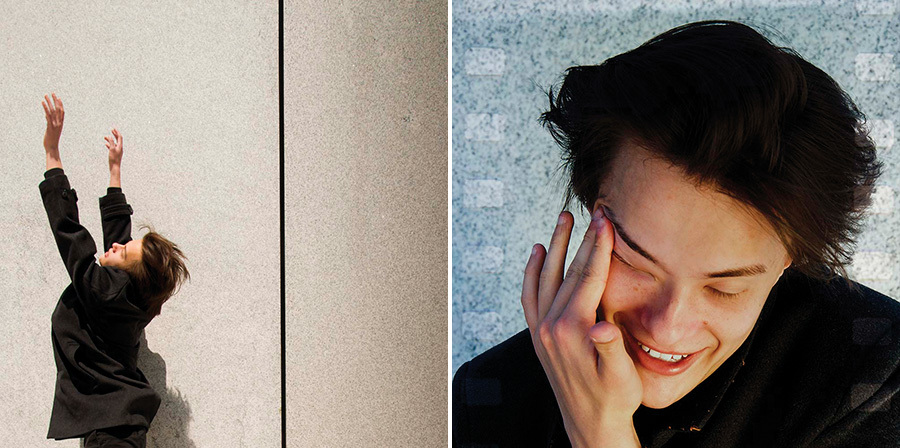
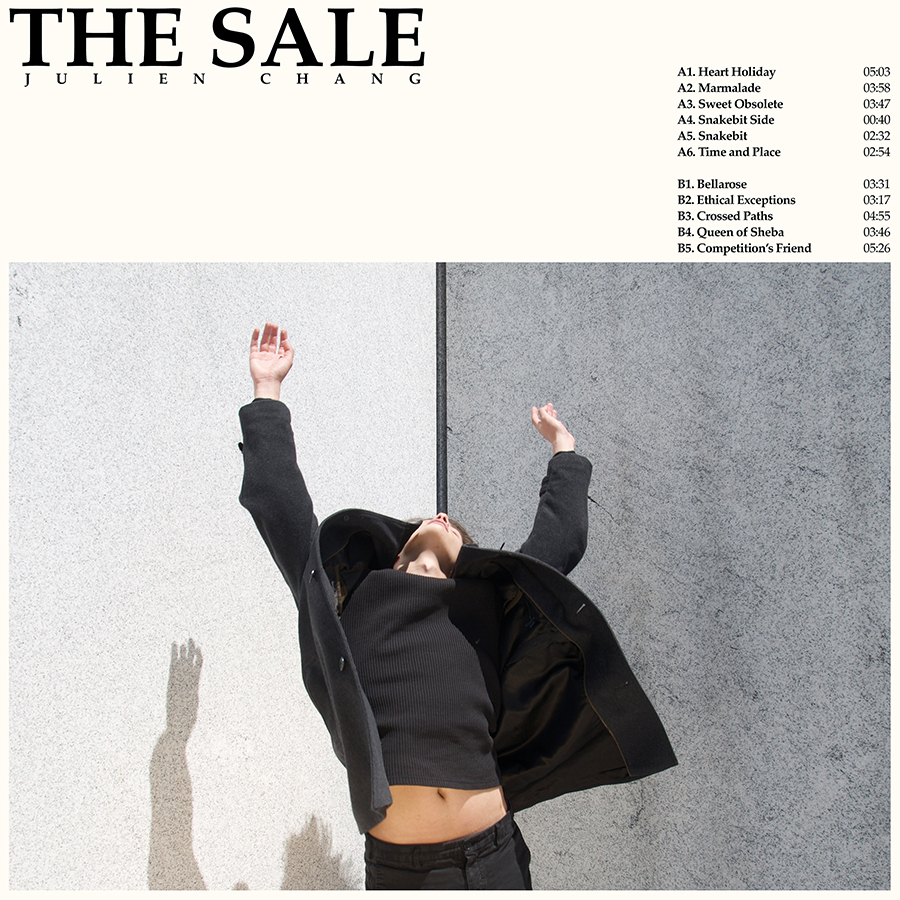
baltimore by Julien Chang
A selection of places in Baltimore - recommended by singer and songwriter Julien Chang. See Julien's citylikeyou profile page here
More Interviews
